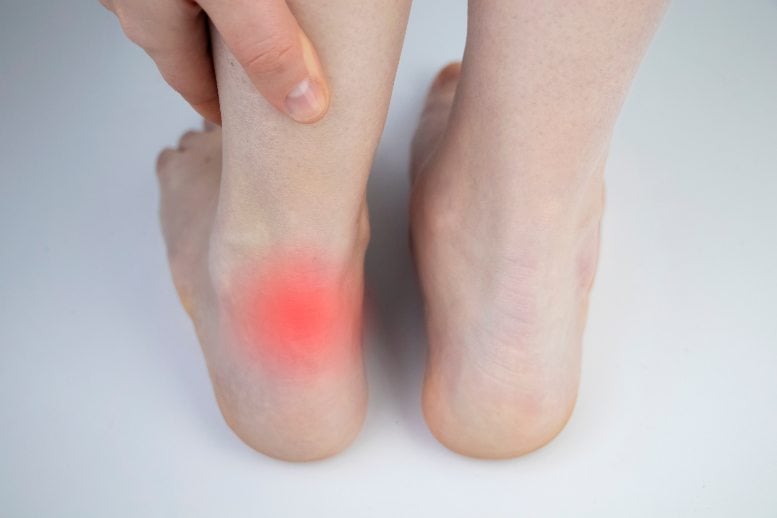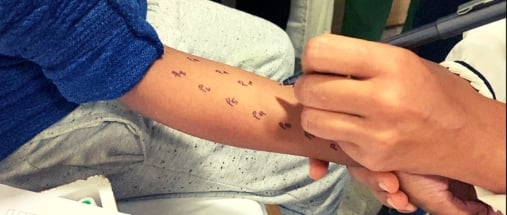Paediatric Nephrology
Overview
Pediatric nephrologists are trained doctors who manage kidney and related issues and disorders in infants and children. They are different from nephrologists for adults as the conditions and diseases in adults and children are completely different.
A pediatric nephrologist evaluates infants, children and adolescents with diverse disorders of the urinary tract, including hematuria, proteinuria, nephrotic syndrome, glomerulonephritis, hypertension, acute and chronic renal failure. They are also especially trained in dialysis techniques like hemodialysis and peritoneal dialysis for children.
Meet Dr. Anunaya Katiyar, Pediatric Nephrologist
What is Pediatric Nephrology?
Pediatric Nephrology is a multidisciplinary discipline that offers expert diagnosis, treatment and management of all types of kidney and hypertensive disorders in infants, children, and adolescents.
It comprises comprehensive services for the entire spectrum of kidney and urinary diseases in children starting from pregnant mothers till 18 years of age.
Children usually express their concerns differently than adults. They cannot answer medical questions and aren’t able to be patient and cooperative all the time.
Pediatric nephrologists know how to examine and treat children in ways that help them relax and cooperate. In addition, pediatric nephrologists use medical equipment designed just for children.
Conditions Treated
- Acute kidney injury
- Enuresis (Bed wetting)
- Chronic kidney disease
- Congenital kidney disorders
- Glomerulonephritis
- Hematuria (blood in urine)
- Hypertension
- Hypophosphatemic rickets
- Interstitial nephritis
- Kidney stones
- Multicystic dysplastic kidney
- Nephrogenic diabetes insipidus
- Nephrotic syndrome
- Polycystic kidney disease
- Prenatal consultation for in utero kidney disorders
- Proteinuria (protein in urine)
- Recurrent urinary tract infections
- Renal tubular acidosis
- Single kidney
- Vesicoureteric reflux (VUR)
Services provided
- Micturating cystourethrogram (MCU)
- Kidney biopsies
- Hemodialysis for children
- Peritoenal dialysis (Acute and Chronic)
- Plasma exchange
- Ambulatory BP monitoring
Disorders treated
A pediatric nephrologist treats many disorders ranging from nephrotic syndrome to bed wetting and conditions like multicystic dysplastic kidney. This is a glance at the disorders treated by a pediatric nephrologist:
Nephrotic syndrome:
Swelling (even mild) of the hands and feet and/or puffiness around the eyes caused by excess fluid build-up, to the point where the child’s ability to move around normally is compromised. It may be more in the morning and decreases during the day. Pediatric nephrologist are trained to diagnose and treat children with nephrotic syndrome.
Acute kidney injury:
The sudden loss of the kidney’s ability to remove waste from the body which can be due to various causes and may require temporary dialysis. It can present as swelling in the body, decreased passage of urine or red coloured urine.
Acute nephritic syndrome:
A set of kidney disorders that can lead to swelling or inflammation of internal parts of the kidney and can present as high blood pressure with passage of red coloured urine.
Chronic renal failure:
The gradual loss of the kidney’s ability to remove body waste causing decreased functioning of the kidney which needs regular follow up associated with planning of need for dialysis and transplant later in life.
Hypertension:
High blood pressure can be caused by various causes and is mainly in children due to problems in the kidney as kidney is the main regulator of blood pressure. We provide an extensive work up and evaluation for the same
Kidney stone (Nephrocalcinosis and urolithiasis):
Any stone in the kidneys and urinary tract needs evaluation for the cause. We provide work up and evaluation for the same.
Procedures performed
A pediatric nephrologist performs procedures which are required for diagnosis and treatment. They may range from kidney biopsies to micturating cystourethrogram to treatments like dialysis. This is a glance at the procedures performed by a pediatric nephrologist:
Kidney biopsy (Renal biopsy):
A renal biopsy is a test to look directly at your child’s kidney. Doctors take out a very small piece of kidney tissue. They use an ultrasound machine that helps them guide the needle. Renal biopsies happen under a general anaesthetic so your child will be asleep.
There is no cut as doctors use a needle to do the test. Each kidney contains hundreds of thousands of little filters and doctors remove only about 20 to 30.
Dialysis:
Dialysis is a treatment option for children who are experiencing kidney failure. When a child’s kidneys are not functioning well enough to filter blood and remove waste from the body, dialysis can help with those processes.
There are two types of dialysis: hemodialysis and peritoneal dialysis. Your child’s care team will help you decide which option is best for your child and family.
- In hemodialysis dialysis, a machine filters the blood to remove waste products, and then the clean blood is returned to the body.
- In peritoneal dialysis, a small tube (catheter) is connected to the tissue lining the abdomen cavity. Fluid is flushed through the catheter to remove waste products.
Plasma Exchange (Plasmapheresis):
Plasmapheresis is a “blood cleaning” procedure in which the child’s blood is removed through an intravenous catheter and processed by a plasmapheresis machine, which spins it to separate the formed elements (red blood cells, white blood cells and platelets) from the plasma (liquid portion of the blood which contains proteins, including antibodies and other immune components).
It is used to treat various conditions in children like HUS etc.
Tips for Parenting and Child Care
Any suggestions for us?
If you any have suggestions or feedback for us to help improve our services, let us by feedback by clicking on the button below.
Recent Reviews





